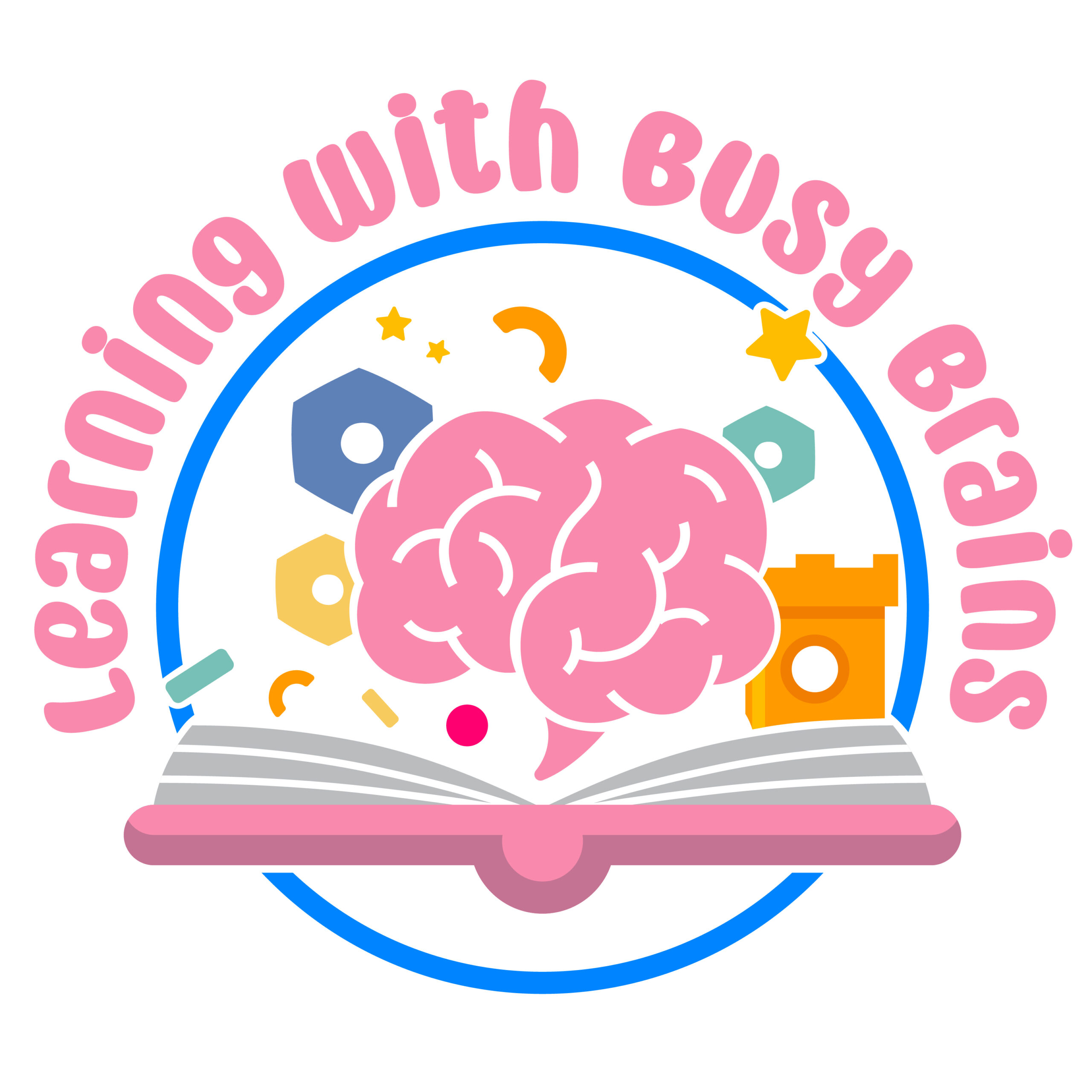Education is a fundamental aspect of raising children, and it is essential to ensure that the materials they learn from align with correct Islamic beliefs. One powerful example of this comes from a story shared by one of the daughters of Sheikh Ibn Baz (rahimahullah).
The story goes that one day, Sheikh Ibn Baz entered his daughter’s room while she was in high school. He asked her:
“What benefit or book do you have that you can read to me?”
At the time, she was holding a physics book and began reading the introduction, which stated:
“The sun is the source of our life. Without the sun, plants would not grow, and rain would not fall.”
Concerned with this incorrect attribution, Sheikh Ibn Baz asked:
“Is this really written here?”
He then instructed his daughter to write down the following correction:
“The sun was created by Allah and He has subjugated it for His servants and the lands. The sun is one of Allah’s creations, and it is not permissible to attribute the growth of plants or the falling of rain to the sun or any other created being. Such statements are shirk (associating partners with Allah).”
To further emphasize his point, he referenced the following Quranic verse:
“And He has subjected for you the night and the day, the sun and the moon, and the stars are subjected by His command. Indeed, in that are signs for a people who reason.”
(Surah An-Nahl: 12)
Sheikh Ibn Baz then wrote a letter to the relevant authorities, urging them to carefully review and translate educational curricula with the guidance of scholars. In due time, the schoolbooks were changed, and a foreword from Sheikh Ibn Baz (rahimahullah) was added to the materials to clarify this important point of aqidah.
This story serves as a reminder of the importance of ensuring that the education we provide our children is not only academically sound but also aligns with the correct teachings of our faith.
📚 Source: Tasfiyat Tarbiyat | Fawaz Al-Madkhali | Tarbiyatul Aulad
Key Lessons from Sheikh Ibn Baz’s Story:
- Parental Responsibility in Education:
Sheikh Ibn Baz’s active involvement in his daughter’s education highlights the importance of parents being mindful of what their children are learning. Ensuring their education aligns with Islamic values is a key responsibility of every Muslim parent. - Ensuring Correct Aqidah:
This story underscores the importance of teaching children correct Islamic beliefs and being cautious of any statements that might conflict with them, even if they appear in textbooks or educational materials. - The Role of Scholars in Society:
Scholars like Sheikh Ibn Baz play a vital role in safeguarding society from misguidance. Their expertise and diligence ensure that education, public policy, and societal norms stay rooted in Islamic principles. - Tawheed (Oneness of Allah):
The issue raised by Sheikh Ibn Baz relates to Tawheed Ar-Rububiyyah (the oneness of Allah in His Lordship). It is essential to ensure that children understand that all natural phenomena are under the control of Allah alone, avoiding any statements that could lead to shirk. - The Importance of Addressing Mistakes:
Promptly addressing errors in education, especially those related to aqidah, is crucial. Sheikh Ibn Baz’s swift action corrected a mistake that could have led to widespread misunderstanding. - Collaboration with Authorities:
Sheikh Ibn Baz’s collaboration with school authorities to change the textbooks shows the importance of working within systems to effect positive change, ensuring future students benefit from corrections. - Critical Thinking in Education:
The story teaches us to critically evaluate what we are learning, even from seemingly authoritative sources like textbooks, to ensure it is in line with Islamic beliefs. - Balancing Academic Knowledge and Faith:
While science and academic knowledge are important, this story reminds us that they must be in harmony with our faith, with Allah always being acknowledged as the ultimate Creator and Sustainer.
Conclusion
The story of Sheikh Ibn Baz’s intervention in correcting a seemingly small yet significant error in his daughter’s school curriculum serves as a timeless reminder of the responsibility we bear in shaping our children’s education. It highlights the vital role parents and scholars play in ensuring that what our children learn is both academically sound and deeply rooted in correct Islamic beliefs. As Muslims, it is our duty to maintain a balance between worldly knowledge and faith, fostering critical thinking without compromising on the principles of Tawheed.
Ultimately, this story encourages us to be vigilant in guiding our children, to seek out and correct any misconceptions, and to collaborate with educators and scholars to ensure that Islamic values remain at the core of our educational systems.


